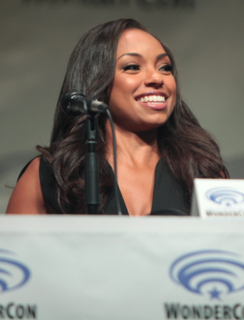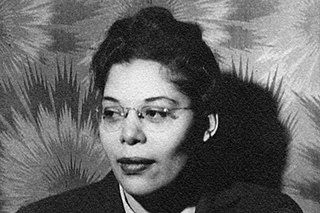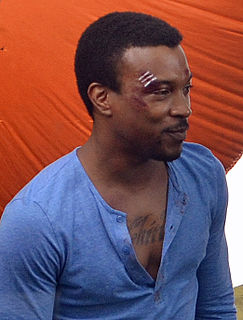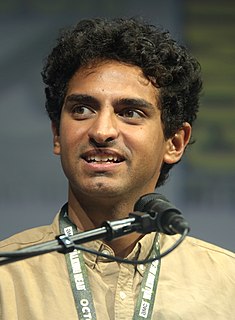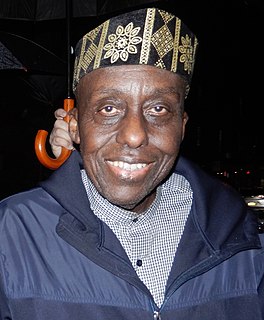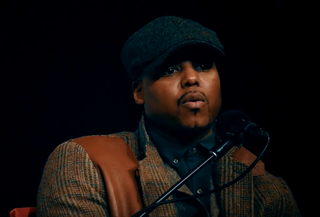A Quote by Logan Browning
The truth of the matter is, there were shows that depicted black characters that were on in the '90s, and they gave everybody a glimpse into the black experience. And then they disappeared.
Quote Topics
Related Quotes
When we were doing shows in the mid-'90s, the audiences were 95% black. What's happened now is the gentrification of hip-hop. A lot of cities passed ordinances that made it hard for black audiences to gather in large groups. Clubs are more open to hip-hop now 'cause it's the same crowd that goes to rock shows.
Black was bestlooking. ... Ebony was the best wood, the hardest wood; it was black. Virginia ham was the best ham. It was black on the outside. Tuxedos and tail coats were black and they were a man's finest, most expensive clothes. You had to use pepper to make most meats and vegetables fit to eat. The most flavorsome pepper was black. The best caviar was black. The rarest jewels were black: black opals, black pearls.
Adults who loved and knew me, on many occasions sat me down and told me that I was black. As you could imagine, this had a profound impact on me and soon became my truth. Every friend I had was black; my girlfriends were black. I was seen as black, treated as black, and endured constant overt racism as a young black teenager.
I would say I'm black because my parents said I'm black. I'm black because my mother's black. I'm black because I grew up in a family of all black people. I knew I was black because I grew up in an all-white neighborhood. And my parents, as part of their protective mechanisms that they were going to give to us, made it very clear what we were.
The other thing that I got back then - the Parker novels have never had much of anything to do with race. There have been a few black characters here and there, but the first batch of books back then, I got a lot of letters from urban black guys in their 20s, 30s, 40s. What were they seeing that they were reacting to? And I think I finally figured it out - at that time, they were guys who felt very excluded from society, that they had been rejected by the greater American world.
History is a continuum, it's not these separate moments. That's how we look at it. In the 1700s in Virginia before there were police officers - there were these groups of men who would wander the countryside - and if they saw a black man or a black woman they would presume that that black man or woman was a slave. If you didn't have the kind of pass that you were supposed to have, then you could be whipped, you could be enslaved, you could be taken into custody - even if you were free. And as I'm reading this I find myself thinking, "How is this any different from stop-and-frisk?"
